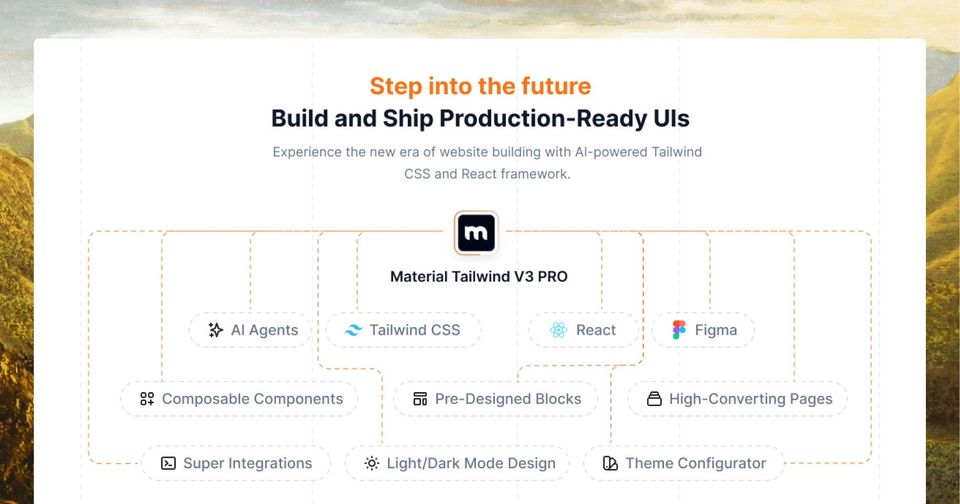Node.js framework has won many hearts of developers globally. With a dedicated user community that supports innovative inventions and uses them in future projects.
Moreover, even giants of the tech industry like Microsoft, Netflix, and LinkedIn have accepted Node.js as their bandwagon for developing their web apps.
In this article, we will write down everything you need to learn about Node.js, its pros and cons, when to use it, and much more. So, let’s not waste time and dive into the article.
Node.js- Basic Overview
The advancement of Node.js started in 2009 itself. This framework became the game-changer in the web development domain, especially in the context of mobile app development frameworks.
Node.js is an outstanding JS runtime that is open-source and utilised by different platforms. Moreover, it lets the developers run JS code outside the particular browser arena.
This is why businesses prefer to outsource web development, specifically Node Js development outsourcing as it provides an authentic architecture that helps developers to manage events effectively without creating disruptions. It’s a perfect alternative for creating a web app that is effortlessly scalable and maintains outstanding performance.
Node.js has made its name and has become an amazing platform for contemporary web app development. It powers a plethora of real-time apps and dynamic websites, engraving us with the ability to manage different connections at one time.
That’s the reason why it’s a famous choice for building IoT apps, chatbots, and collaborative tools that need quick updates. Also, when making single-page apps, coursing apps, and microservices, Node.js shines in this perspective.
Check out Creative Tim's new free templates based on NodeJS.
Now, let’s see why Node.js is a popular alternative for the web development domain.
Pros and Cons of Node.js
Advantages:
- High performance
- Easy to learn
- Huge user community and support
Disadvantages:
- Single-threaded
- Some security threats
- Callback Hell
Reasons to Choose Node.js for your Next Project
Here’s the list of reasons to choose Node.js for your next web app project.
1. High Performance
Node.js framework operates on the Google V8 engine used in the Google Chrome browser to execute JS. This engine compiles JS into machine-readable code before running which improves the runtime presentation.
It means that your web app will run seamlessly, provide a sufficient UX, and become efficient at purifying requests, specifically important for apps that have data processing and complex calculations.
2. Active Community
Node.js framework’s community is growing and vibrant, with different talented developers who constantly contribute to the development process.
Node.js developers community has a rich source of modules and ready solutions that can be a strong benefit in the development process. If you are stuck in a problem or need help to solve it, this community is always there for your support.
Additionally, community members also ensure that Node.js evolves and improves continuously by adding timely updates and the latest features.
3. Scalable and Fast
As Node.js is written in JS, it has exceptional code execution speed. Hence, it can increase the development speed of any framework. While using Node.js, programmers should write the program accurately to build an appropriate and required final app.
On the other hand, the scalability feature refers to the system’s aptitude to enhance its capacity when the demand grows. Node.js has been designed by keeping scalability features in mind.
You can increase or decrease the size of your Node.js apps horizontally or vertically; in horizontal scaling, you need to add more nodes to the existing system, and in vertical scaling, you need to add more resources in a single node.
This functionality ensures that your web app easily adapts to high traffic when the user base grows. Also, the Node.js framework has an in-built load balancer that further helps it to manage increased traffic.
4. Flexibility
One of the main features of Node.js is its flexibility. It inculcates flexibility into different businesses from start-ups to small and large-scale organisations.
Accepting Node.js can result in judicious financial decisions for different enterprises as well. Using available resources effectively, helps businesses to get amazing output while making less expense on infrastructure and hardware.
Simultaneously, cost-effectiveness will positively augment the whole project budget. While understanding that there are many benefits of Node.js for small-scale, large-scale, and startups, you can easily choose this framework to provide flexibility to scale your project at any given time.
5. Single Code
Node.js is a game changer in the web development world as it lets the developers write both client-side and server-side JS codes. In this process, it makes it easy to synchronise and send the information between two points automatically. Thus, it saves time for developers and companies as well.
6. Methodical Caching
In the caching process, information is kept in a temporary storage called cache to retrieve it quickly. The module caching feature of Node.js is an important feature as it helps the apps load pages quicker, providing a seamless user experience.
When any module loads for the very first time, it’s cached in the app memory. During the ongoing subsequent calls, the cached module is used that improve the app’s response time.
7. Compatibility with different tools
Node.js framework is compatible with different tools and databases. Because of this feature, developers can enjoy the flexibility to pick the best alternative for their particular needs.
Whether it’s MongoDB, MySQL, or PostgreSQL for DBs or Vue.js, Angular, or React for front-end, Node.js easily integrates with such technologies.
Using different tools provides developers flexibility and boosts overall productivity by allowing a strong streamlined development process.
8. Seamless UX

Node.js framework is a well-suited alternative for real-time apps because of its functionality in managing async operations & non-blocking I/O. It enables the making of an app that mandates instantaneous information updates like chat apps or other collaborative tools that result in a prompt and seamless UX.
9. Microservices Architecture

Node.js framework helps in the seamless building of microservices. It’s an architecture in which a large app is developed using a suite of small services. Each service runs a process and communicates with each other through a lightweight mechanism.
This architecture provides continuous delivery and deployment that makes it easier to manage the app. The lightweight nature of Node.js and its ability to manage the async calls makes it a strong fit for microservices.
It helps in cutting complex apps into independent and manageable services, improves code maintainability, and makes the development process efficient.
Now, let’s see when to use Node.js.
When to use Node.js?
This framework can be used in different instances with multiple request threads, but every firm has its requirements. Let’s understand some primary specific usages of the Node.js framework.
- Building chatbots and IoT: Node.js is a preferred website development framework for developing IoT and multiple chatbots that involve managing different connections at one time. It can manage a huge number of messages and interact with minimal blocking which makes it an amazing choice for the development of chatbots. Moreover, Node.js helps in managing the data transfer between different connected devices for IoT app development.
- Develop SPAs: Node.js is an effective platform for developing responsive and robust single-page apps. The platform can use different requests simultaneously and ensures seamless UX with smooth and quick interactive apps.
- Various platform websites: Node.js will offer real-time collaboration that allows the incorporation of collabo-based features on different platforms. It increases communication while giving an experience of real-time teamwork. It makes it seamless for team members to collaborate on a project with different PMT (Project Management Tools) that helps them to update codes and documents together.
- Creating streaming websites: Node.js has efficient input and output operations like music and video platforms. It enhances in this arena and offers playback options as well.
- Creating real-time web apps: It’s unparalleled in making real-time website apps, particularly for an animated gaming experience that has features like instant messaging and live streaming.
Prominent companies using Node.js
- Trello- This platform provides instant collaboration and updates in the team group. It’s also a well-known project management tool
- Walmart- This platform offers up-to-date stock information ensuring a prompt and seamless shopping experience.
- eBay- The mobile app of eBay uses Node.js to manage different simultaneous users.
- Medium- It is a content delivery system that uses Node.js to ensure smooth and quick content loading.
- NASA- They use Node.js for different tasks like making instant communication for ground staff and astronauts, and much more.
These are some of the best examples where Node.js is used.
Final Words
We hope that you have understood why Node.js is one of the popular picks for web apps among the web app developers. For more updates, stay tuned, and happy reading!




